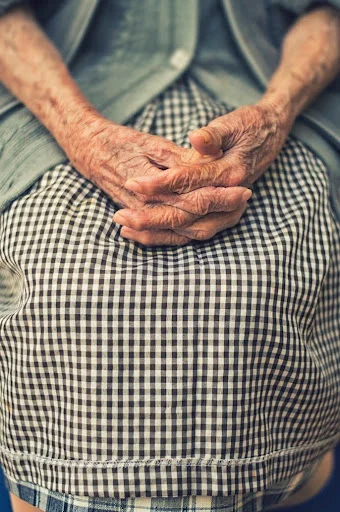Aging at home is a goal shared by many older adults, but maintaining safety and comfort can become increasingly challenging over time elderly relatives. As mobility, vision, memory, and strength decline, even once-simple tasks can pose risks. Fortunately, with thoughtful planning and support, it’s possible to create a home environment that promotes independence while safeguarding health and well-being.
Caring for elderly loved ones requires balancing practical needs with emotional support. The aim isn’t just to keep them physically safe, but to ensure they feel respected, valued, and empowered in their own living space.
Adapting the Living Space for Accessibility
One of the most effective ways to make a home safer is by eliminating physical barriers that increase the risk of accidents. Start by walking through the space with a fresh perspective, and imagine how a person with limited mobility or reduced vision might experience each room.
Simple modifications can include installing grab bars in bathrooms, adding non-slip mats to floors, improving lighting in hallways and entryways, and removing tripping hazards like loose rugs and cords. For those using walkers or wheelchairs, wider doorways and ramps can provide necessary access.
Beyond physical changes, organizing items within easy reach, frequently used dishes, toiletries, or medications, can reduce the strain and risk involved in daily routines. These adjustments create a more manageable and supportive home environment of elderly relatives.
Offering Personal Assistance Through Trusted Care
While home modifications go a long way, they’re only one part of a larger solution. Elderly individuals may need help with daily activities such as cooking, cleaning, transportation, or managing medications. In such cases, home care services can offer professional assistance right in the comfort of their home, in the middle of routines they know and trust. These services are tailored to meet specific needs, whether it’s a few hours of help per week or full-time support.
They provide peace of mind for families, knowing their loved one has a trained caregiver who can assist with tasks and respond to emergencies. The presence of consistent, familiar caregivers can significantly ease the sense of isolation or fear that some seniors feel, especially if they live alone.
By maintaining a regular schedule and providing companionship, professional caregivers can become an integral part of an elderly person’s social and emotional well-being elderly relatives.
Supporting Mental and Emotional Health
Safety and comfort extend beyond the physical aspects of home. Emotional and cognitive well-being are just as vital. Seniors often experience feelings of loneliness, anxiety, or depression, particularly if they’ve recently lost a partner or are dealing with health changes.
Creating opportunities for social interaction is key. This might mean encouraging visits from friends and family, setting up virtual chats, or involving your loved one in community programs geared toward seniors. Even small, consistent acts, like a weekly movie night or puzzle game, can make a meaningful difference.
Maintaining a sense of purpose is equally important. Encourage hobbies, volunteer activities, or creative outlets like writing, music, or gardening. These not only keep the mind engaged but can reinforce confidence and identity.
Unlock even more knowledge—tap into our handpicked articles just for you.
Monitoring Health and Medications With Care
Managing medications correctly is one of the most critical aspects of elderly care. Missed doses, accidental double-dosing, or taking the wrong medication can have serious health consequences. Setting up a system, whether it’s a pill organizer, a reminder app, or a caregiver-administered routine, ensures medications are taken safely and consistently.
Regular health checkups should be prioritized. Help schedule doctor visits, monitor for changes in behavior or condition, and keep an updated list of prescriptions, allergies, and diagnoses. If mobility is an issue, consider arranging in-home visits or telehealth appointments.
Technology can be a powerful ally. Medical alert systems, smart pill dispensers, and wearable monitors can provide an added layer of safety without feeling intrusive.
Encouraging Independence Without Neglect
Striking a balance between helpfulness and overprotection can be tricky. While you want to ensure safety, it’s important to let elderly loved ones make their own decisions and feel in control of their lives. Involve them in discussions about care, home modifications, or schedules. Ask what makes them feel most secure and what routines they value.
Whenever possible, encourage them to perform tasks independently, with appropriate support. This might mean using assistive devices or simplifying steps rather than taking away the responsibility entirely. Empowerment breeds dignity, which is an important part of feeling comfortable at home.
Helping elderly relatives feel safe and comfortable at home requires a combination of thoughtful design, compassionate care, and ongoing communication. With the right support, aging in place can be not only possible but deeply rewarding for seniors and their families alike.
By focusing on physical accessibility, emotional well-being, and personal autonomy, you can create a home environment where your loved one feels both protected and at peace. It’s not about removing challenges completely, but about building the support systems that allow them to thrive.
Discover fresh content every day—visit 2A Magazine.







